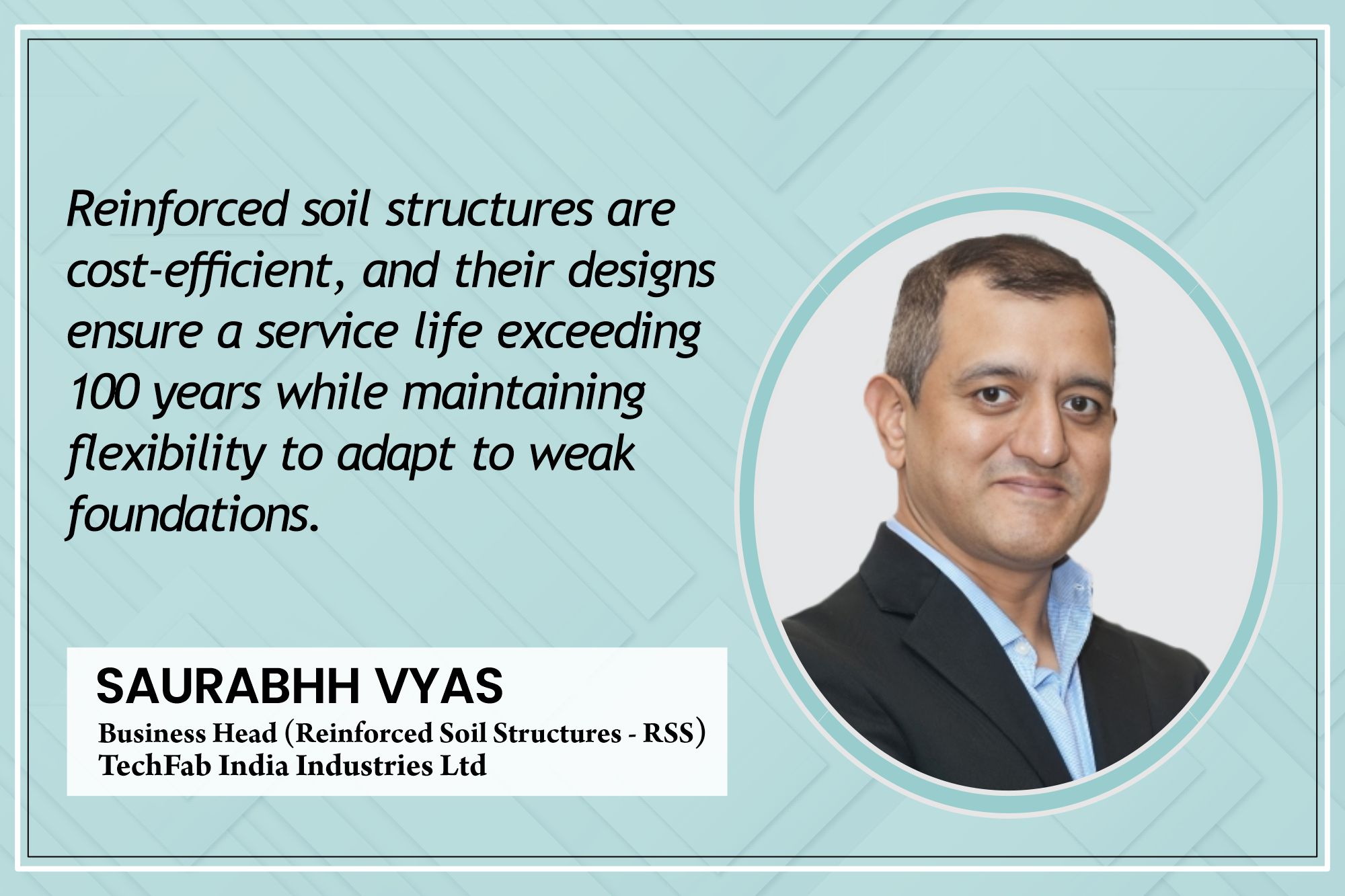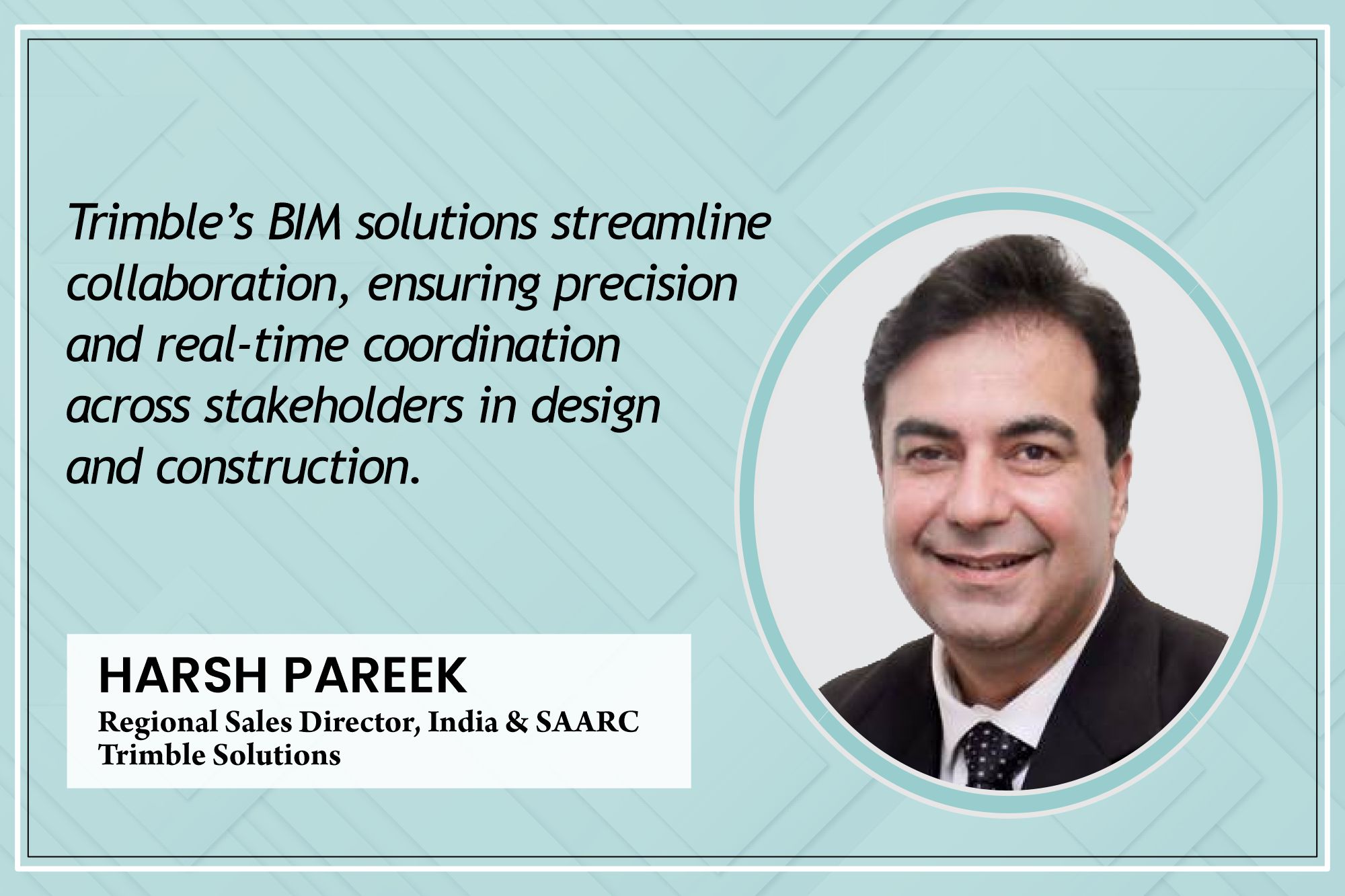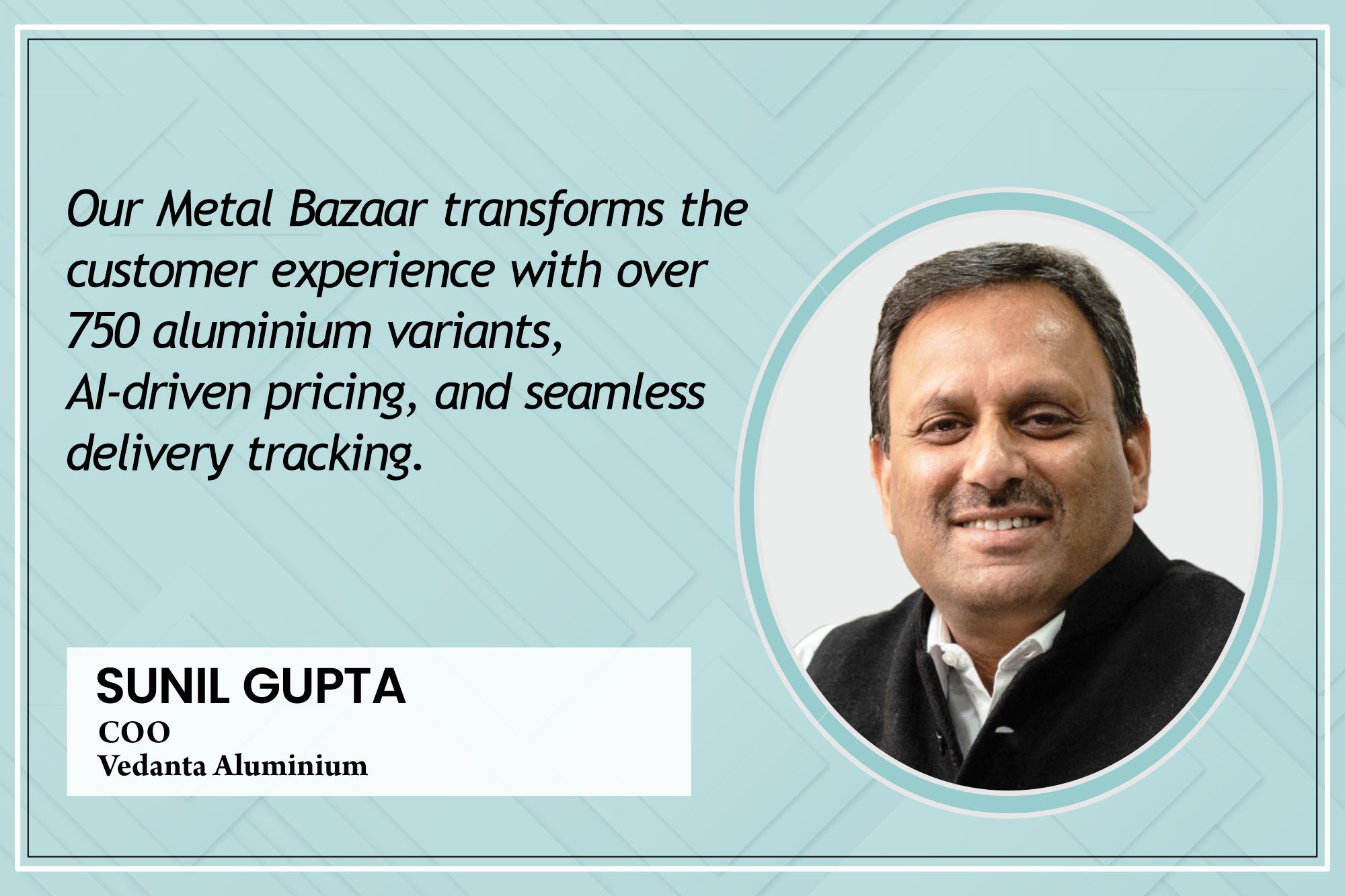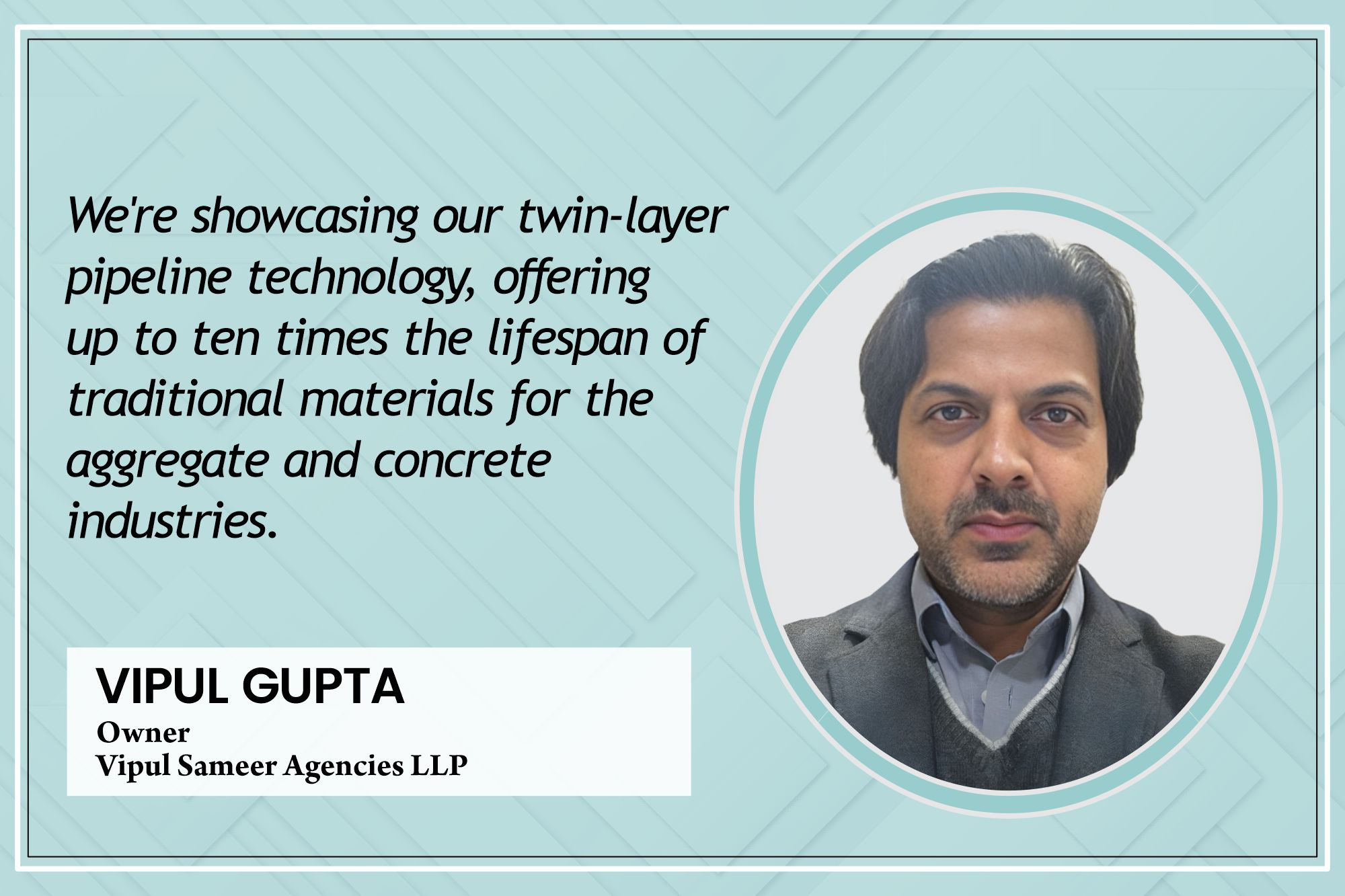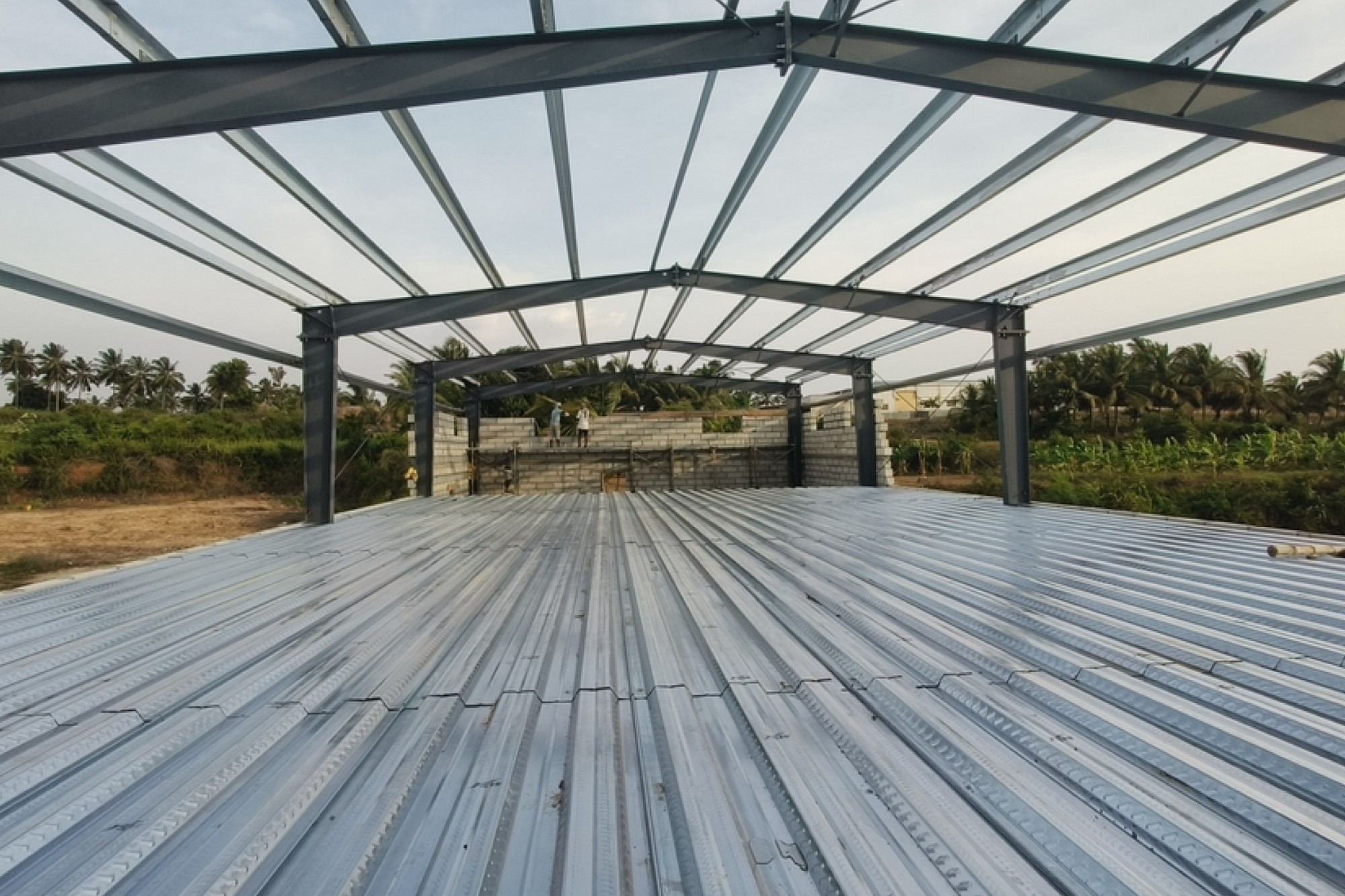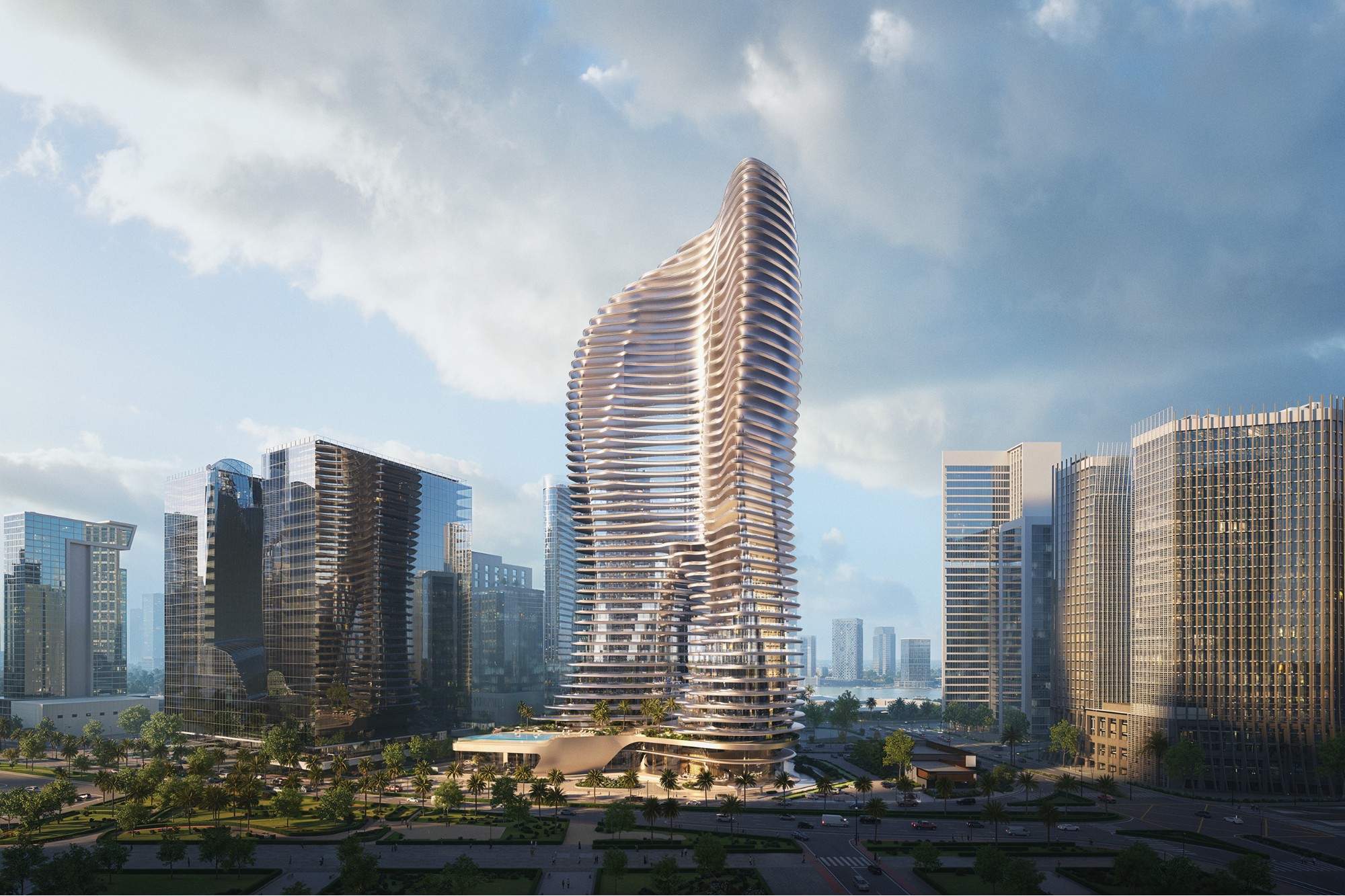Next-gen technologies shaping future construction
By Staff Report | August 22, 2024 3:00 pm SHARE
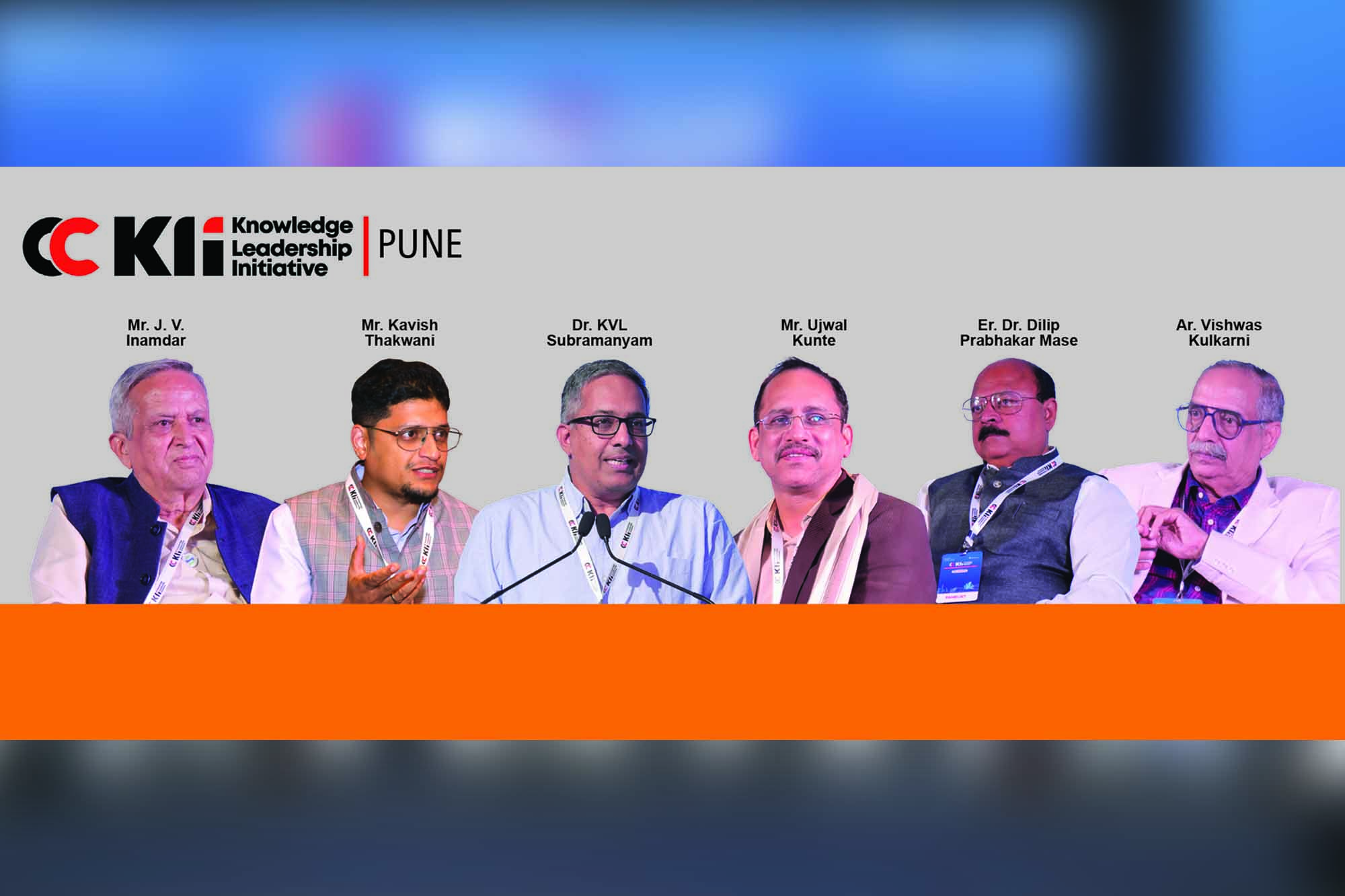
The Pune Chapter of CC-KLI took off with an insightful keynote address by Prof. K.V. L. Subramaniam, from the Department of Civil Engineering, IIT Hyderabad.
He endorsed the shift from prescriptive to performance-based design, noting that modern concrete can now achieve strengths up to 200 megapascals. He lauded precast concrete for its efficiency but acknowledged challenges in ensuring continuity and load transfer.
This was followed by a panel discussion to discuss construction and waterproofing challenges. Speakers highlighted the evolving landscape of construction technologies, emphasising innovations such as 3D concrete printing, advanced reinforcement techniques, and optimised formwork.
Mr. Ujwal Kunte, MD of CQRA, focused on rheology to maintain material integrity and strength. Challenges discussed included integrating reinforcement, addressing material anisotropy, and optimising forms for efficiency. Innovations like fibre integration and robotics were explored as potential solutions. Mr. J. V. Inamdar, MD of Strudcom Consultants Pvt. Ltd. and JVI Prestressing Systems, shared his insights on Aluminium Formwork shuttering innovations that significantly reduce construction time for high-rises, proposing bamboo as a sustainable alternative to steel.
Ar. Vishwas Kulkarni, Founder and Director of VK Architecture, emphasised modern quality control techniques like Pareto analysis and control charts to ensure consistent project standards.
Dr. Dilip Prabhakar Mase, Director of P. T. Mase & Associates, stressed the advantages of ultra-high-performance concrete (UHPC) in accelerating construction and enhancing durability, particularly in large-scale infrastructure projects such as highways. He highlighted the importance of rigorous testing and quality control due to high chloride levels in soil, advocating for high-grade concrete solutions like M60 to prevent leakage issues.
Mr. Kavish Thakwani, Managing Director of Avishkar Realty, discussed advancements in pre-planning and project execution technologies since 2011. He stressed integrating modern tools like mobile technology, 360-degree cameras, and RFID in construction inspections for enhanced accuracy and real-time problem-solving. He underscored the necessity of advanced waterproofing techniques for high-rise buildings with multiple basements to prevent water stagnation and ensure long-term durability.
The panel also addressed crucial aspects of construction maintenance and material selection. Speakers recommended utilising advanced materials such as glass fibres to enhance durability and cost-effectiveness, managing concrete shrinkage for longevity, and employing fibre reinforcement in non-structural elements to reduce costs. Overall, the panel underscored the pivotal role of innovative materials, stringent testing protocols, and effective design practices in extending the lifespan and reliability of structures.
Cookie Consent
We use cookies to personalize your experience. By continuing to visit this website you agree to our Terms & Conditions, Privacy Policy and Cookie Policy.



